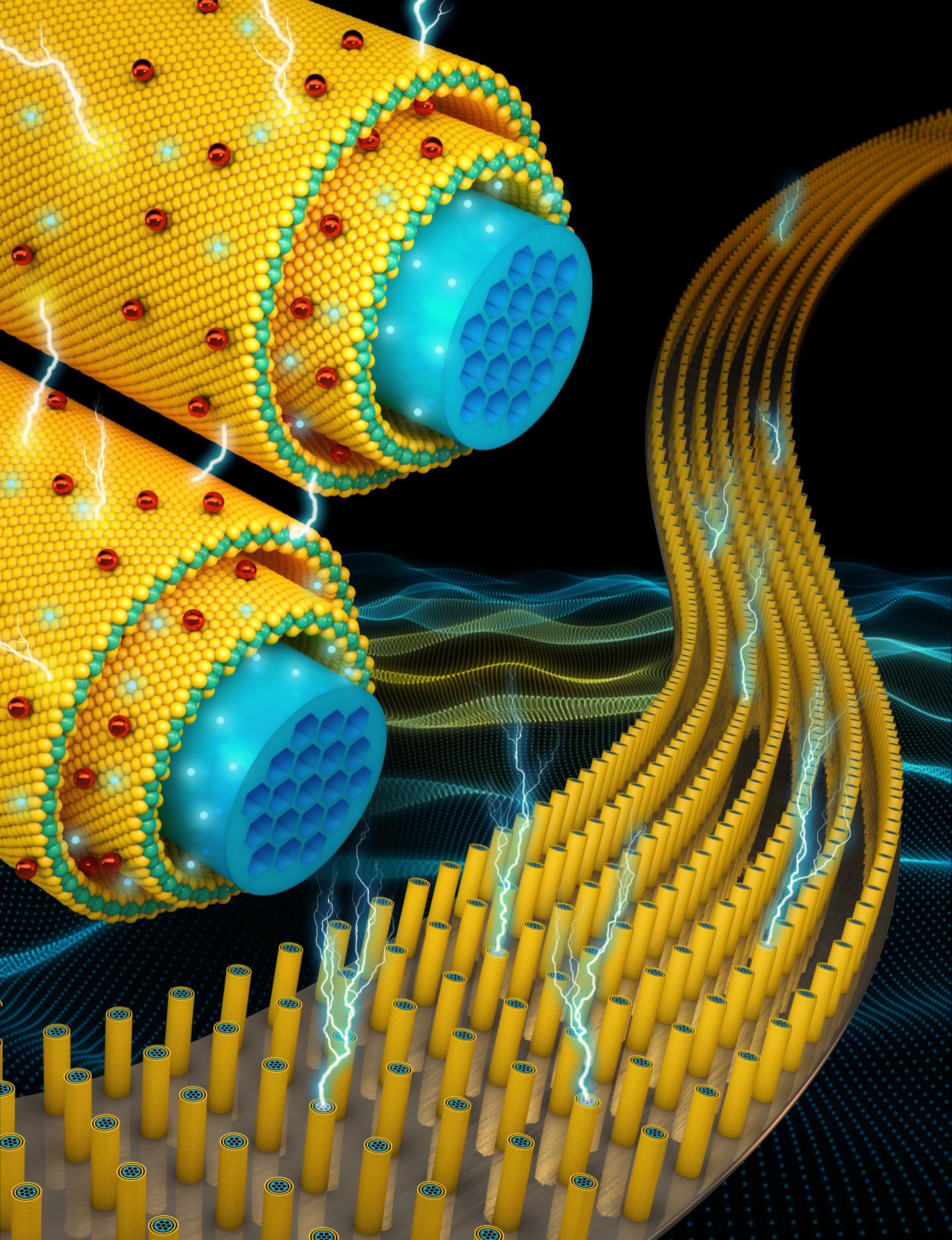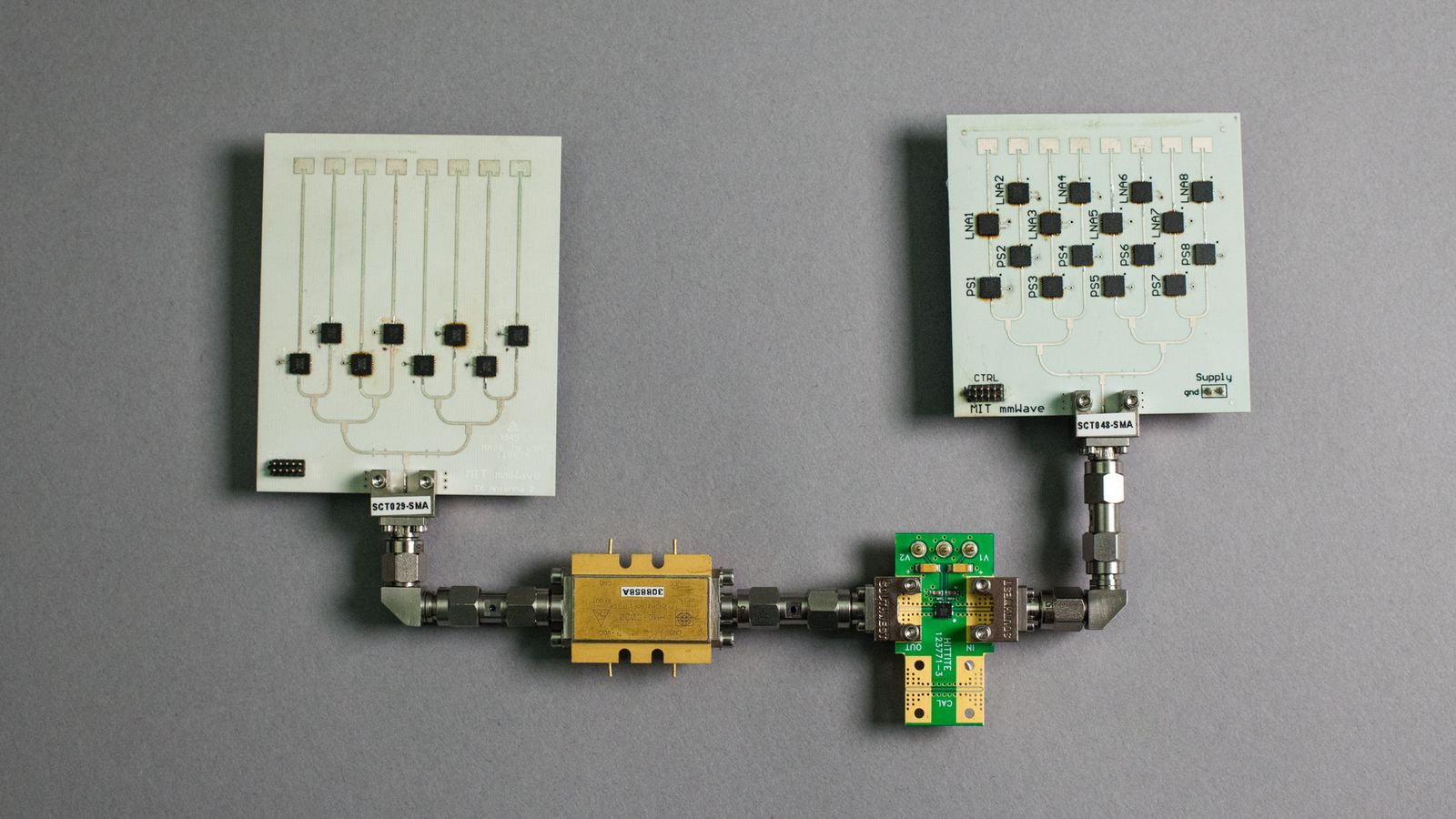Dec 13, 2016
Nano-Nouvelle Trial Delivers Nanotech Breakthrough
Posted by Karen Hurst in categories: mobile phones, nanotechnology, transportation
A successful production trial by Australian battery technology innovator Nano-Nouvelle has proved its pioneering nanotechnology supports industrial-scale manufacture, with output rates 100 times faster.
The Sunshine Coast-based company is developing world-leading nanotechnology that can boost the energy storage capacity of lithium ion batteries by as much as 50 per cent. Lithium ion batteries are used in devices ranging from mobile phones and notebooks to and electric vehicles and home energy storage systems.
As well as proving its technology, Nano-Nouvelle has worked with companies worldwide to ensure its battery-boosting breakthrough is usable with today’s production lines.
















